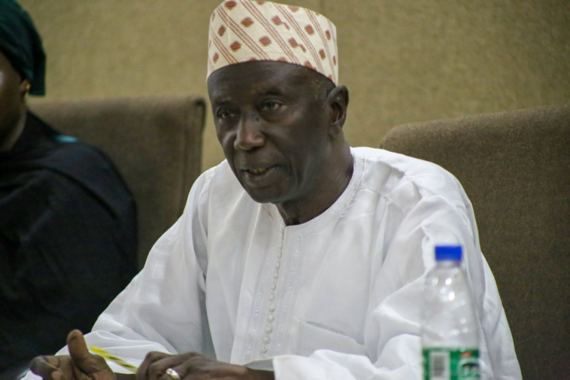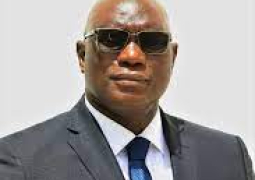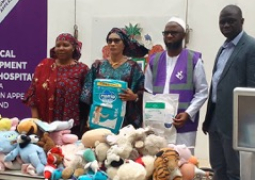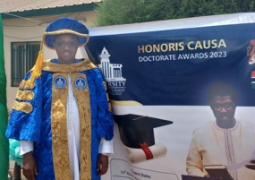
He added that the more citizens see political party leaders engaging and debating with one another without resentment, the better it will be for the health of our democratic life. He said that a basic level of trust and cooperation between political parties can pave the way for peace, stability and sustainable growth.
Mr. Fye made these remarks during the opening of a national dialogue with political parties’ national executive committees on the increased inclusion of young people in political party leadership positions.
The dialogue, held at Kairaba beach hotel last Thursday, was organised by NCCE and partners such as the United Nations Peacebuilding Fund (UN PBF) and United Nation Fund for Population Affairs (UNFPA).
The theme for the dialogue was ‘promoting meaningful involvement and participation of youth in politics and party structure”.
The overall objective of the dialogue was to create a platform for discussion, identify challenges and commit to enhancing the inclusion of youth, including those with disabilities in leadership positions and decision-making structures of political parties ahead of the biennial political congress of political parties and the local government election.
He added that enhanced dialogue between political parties should also go beyond the political elite at the centres and accommodate people at the regions, youth and other non-traditional actors like citizen movements.
He stated that political leaders must foster cross-generational and cross-sectoral collaboration, provide access to decision-making and give young people the tools they need to meaningfully participate in public affairs, including political and civic platforms, institutions and procedures at all levels.
“Young people deserve a seat at the decision-making table. The upcoming party congresses and 2023 Local Government Elections are excellent opportunities to make a paradigm shift. We hope that you will initiate the procedure that acknowledges young people’s political engagement as a catalyst for constructive change,” he said.
Chairman Fye described young people as a unique resource that can produce ground-breaking answers to some of the most pressing issues confronting us today but noted that we continue to see an apparent lack of diversity in the voices that are represented in our political systems, a lack of confidence in institutions, and a lack of political momentum or will to significantly alter the way things have traditionally been done.
He highlighted that young people are still underrepresented in our national politics. “There is still discrimination towards young people and occasionally in politics,” he noted.
Ndeye Rose Sarr, UNFPA Country Representative, said that in order to ensure youth issues are given adequate attention and their rights are exercised, youth must be represented in political bodies, and their value as an influential voting bloc must be recognised.
She stated that spaces must be created for young people to influence, shape, design, and contribute to policies. These spaces can only be made possible by building a variety of formal and informal methods that are consultative; entail youth-led participation, where young people have a direct impact on decision-making within their own youth communities; and involve youth collaborative participation, where young people effectively take part in regular political decision-making processes.





